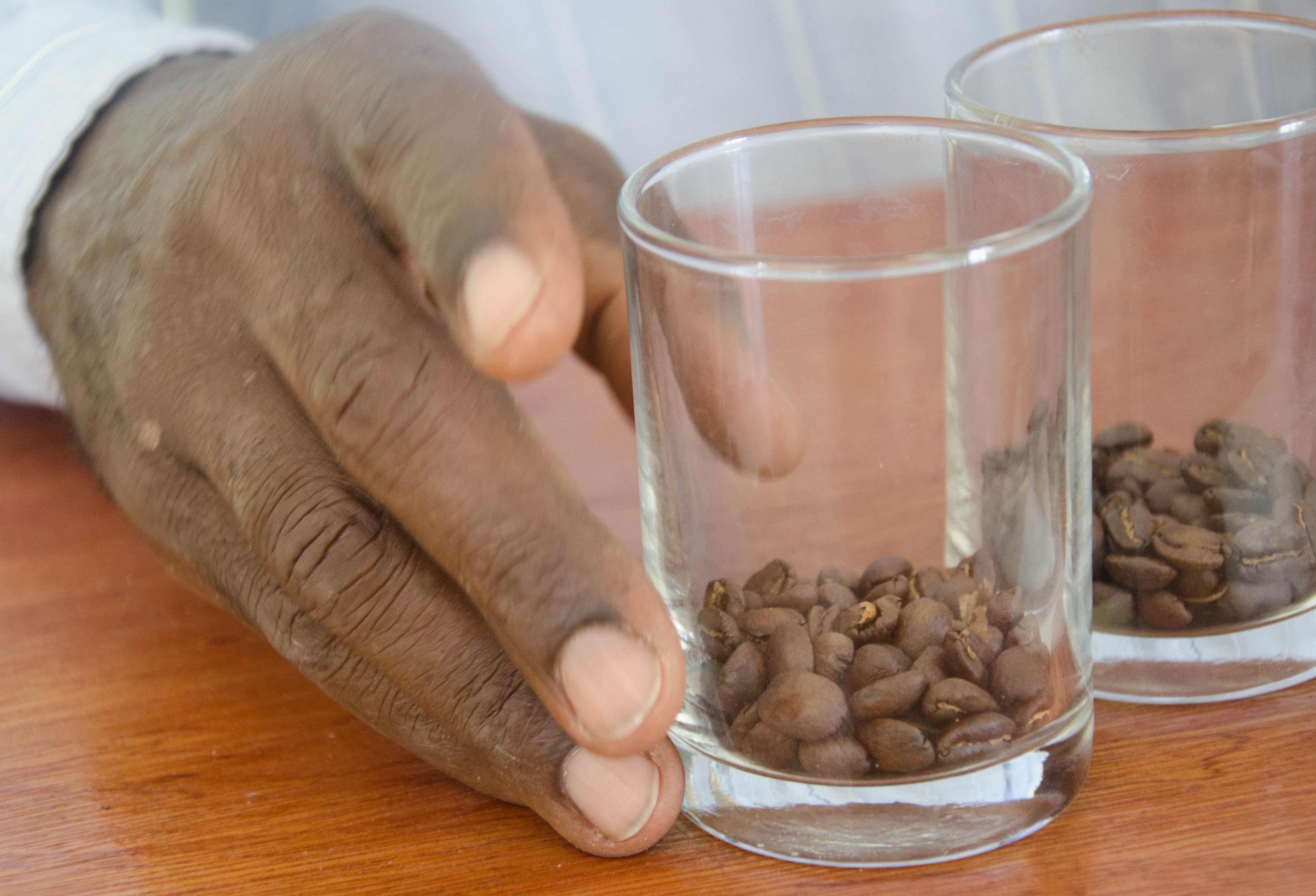As the world embraces third wave coffee and more companies enter the specialty coffee market, the range of selections becomes wider. Specialty coffees that were a cut above just a few years ago are now white noise against the backdrop of hundreds of new specialty coffee imports. Coffee excellence is changing the specialty coffee industry.
Certainly there are characteristics that go into great specialty coffee that are beyond the control of farmers and agronomists, and lie solely in the hands of mother nature. Haiti is a great example of that.
We are blessed to have nature’s ingredients for one of the rarest and finest coffees that the world currently enjoys. Haiti was the beneficiary of the heirloom Arabica Typica coffee plant from Martinique, which provides such incredible citrus, chocolate, caramel, floral and cashew blends for the pallet. The coffee is shade grown in Creole gardens that haven’t changed since the early 1700s, and rarely are chemicals used in Haiti because they are simply too expensive and not readily available, which means, although not certified, the vast majority of the coffee grows organically.
Although the building blocks are present for creating great coffee, there are many ways to turn it into an average cup of specialty coffee. Understanding what goes into your cup of coffee as you run water through your Chemex is important. What did the farmers in Haiti do differently than the farmers in Guatemala to make their cup exceptional?
The formula for harvesting and processing great coffee is becoming more well defined, but even having the information does not guarantee great quality. Why? Because it takes incredible discipline by the farmers, cooperatives, agronomists and pickers to do the small tasks, the simple things, with thoughtful excellence.
It is incredibly easy to “pick coffee” but it takes a whole different level of concentration to select and pick the right cherry when you are sweaty and tired, five hours into a harvest day and it’s day 17 of the harvest season. That takes determination on the part of the pickers. Coffee excellence starts with proper harvest techniques.
Yes, anyone can pour coffee out on a drying pad and turn it, but to grade it to the right depth of around an inch, and to turn it every 30 minutes, checking and rechecking the moisture content, takes commitment to coffee excellence.
As ladies sit at sorting tables chatting away about family, and their community while they sort beans, they can easily become distracted allowing defects to slip through their fingers and into your cup. It takes focus and concentration to ensure that the final step, the final inspection is done with complete accuracy.
So the next time you sip specialty coffee, whether it’s 1804 Coffee from Haiti, or from another land, take a minute and reflect on all of the hands that touched the beans in your grinder, the people who poured their heart and soul into your cup. We all need to appreciate coffee excellence in the cup.
At 1804 Coffee we are so thankful for the people we work with in Haiti; every farmer, agronomist, picker and cooperative manager, who take pride in the specialty coffee their communities produce. We can’t take credit for it, we simply help them understand the process that create great coffee, and the value their disciplines bring.
Cheers!



